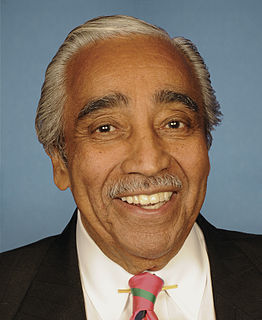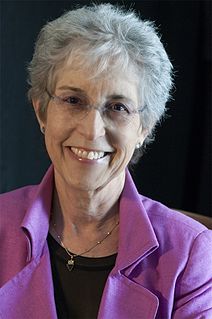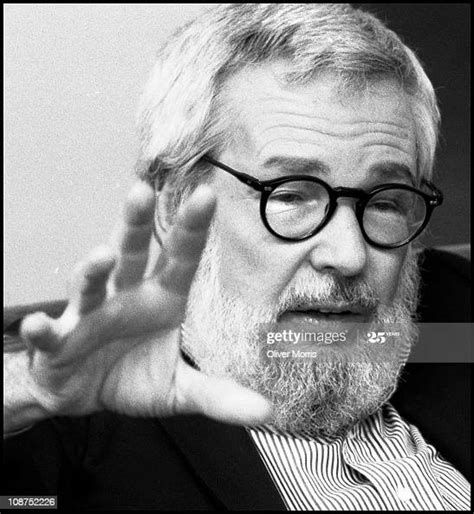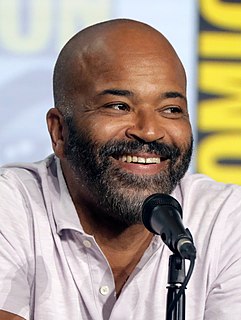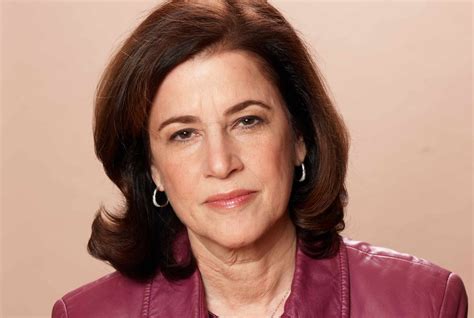A Quote by Susie Orbach
From a child's point of view, there is rarely a great time for parents to separate, even if there has been a lot of commotion and fighting.
Related Quotes
In my view, philosophers have shown a great deal more respect for the first-person point of view than it deserves. There's a lot of empirical work on the various psychological mechanisms by way of which the first-person point of view is produced, and, when we understand this, I believe, we can stop romanticising and mythologising the first-person perspective.
Did you follow me from the party?" "Yes" "I didn't even know you were there." His dark clothes indicated he must have been on guardian duty at the party. "So you saw the illustrious Janine cause a commotion by dragging me out." "It wasn't a commotion. Hardly anyone noticed. I saw because I was watching you.
A child is not a Christian child, not a Muslim child, but a child of Christian parents or a child of Muslim parents. This latter nomenclature, by the way, would be an excellent piece of consciousness-raising for the children themselves. A child who is told she is a 'child of Muslim parents' will immediately realize that religion is something for her to choose -or reject- when she becomes old enough to do so.



